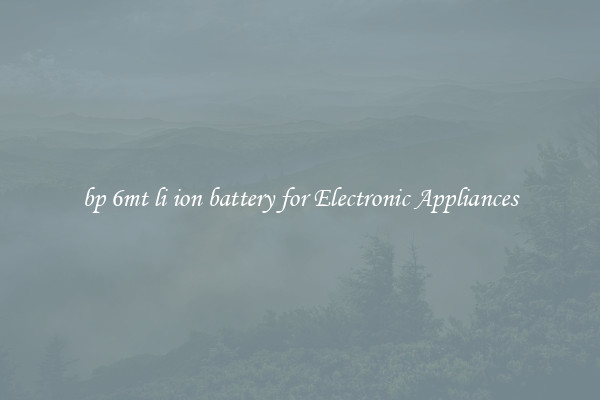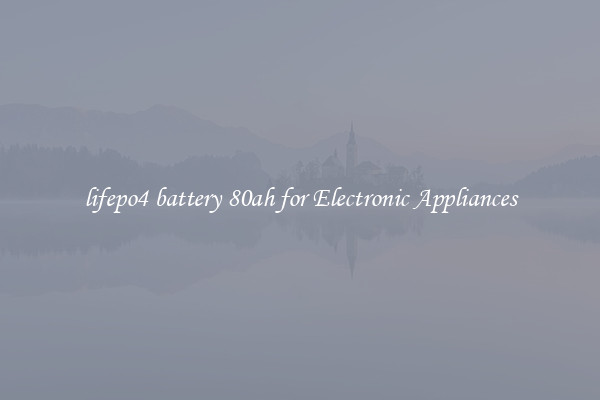li ion rechargeable cells for Electronic Appliances
Li-Ion Rechargeable Cells: Powering the Future of Electronic Appliances

In today's fast-paced world, electronic devices have become an integral part of our daily lives. From smartphones and laptops to electric vehicles and power tools, these devices rely heavily on batteries for power. Among the various battery technologies available, li-ion rechargeable cells have emerged as one of the most popular and versatile options for electronic appliances.
Li-ion, short for lithium-ion, batteries are lightweight, high-performance energy storage devices that have revolutionized the way we use portable electronics. They have become the technology of choice in many applications due to their exceptional energy density, long cycle life, and low self-discharge rates. Additionally, li-ion cells offer a higher voltage and superior energy output compared to other common battery technologies, making them a preferred choice for power-hungry electronic appliances.
One of the key advantages of li-ion rechargeable cells is their high energy density. This means that they can store a greater amount of energy per unit volume or weight compared to other battery technologies. This enables electronic appliances to be smaller, lighter, and more portable while still maintaining long battery life. Whether it's a smartphone that needs to last the whole day or a cordless power drill that demands high energy output, li-ion rechargeable cells provide the necessary power in a compact and efficient package.
Another significant advantage of li-ion cells is their long cycle life. Unlike traditional rechargeable batteries like nickel-cadmium (NiCd) or nickel-metal hydride (NiMH), which suffer from the memory effect and capacity reduction over time, li-ion cells can endure hundreds of charge-discharge cycles without significant deterioration in performance. This ensures that electronic appliances can remain functional and reliable for an extended period, reducing the need for frequent battery replacements and saving both money and resources.
In addition to their energy density and long cycle life, li-ion rechargeable cells also have low self-discharge rates. This means that they retain their charge for a longer duration, even when not in use. This is highly advantageous for electronic appliances that are not used regularly. Whether it's an emergency backup power supply or a seldom-used device stored for a long time, li-ion cells can hold their charge, offering instant power whenever needed.
Moreover, li-ion battery technology continues to evolve, promising even greater advancements in the future. Researchers are continuously working on improving cell chemistry, energy density, safety, and charge/discharge rates. This will result in more efficient and durable batteries that can cater to the ever-increasing demands of electronic appliances.
In conclusion, li-ion rechargeable cells have become the backbone of modern electronic appliances. They provide the necessary power, energy density, and longevity required for portable electronics to thrive in today's fast-paced world. As a result, we can expect to see their utilization in an ever-expanding range of devices, from smartphones and laptops to electric vehicles and beyond. With ongoing research and development, we can anticipate a future where li-ion batteries offer even greater performance, durability, and sustainability, powering the electronic appliances of tomorrow.

View details

View details

View details

View details








